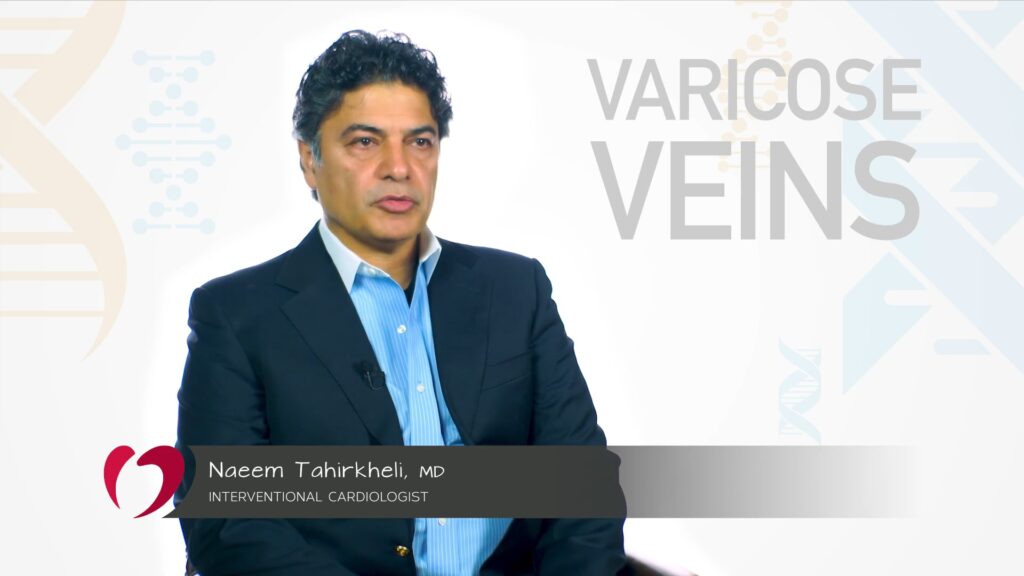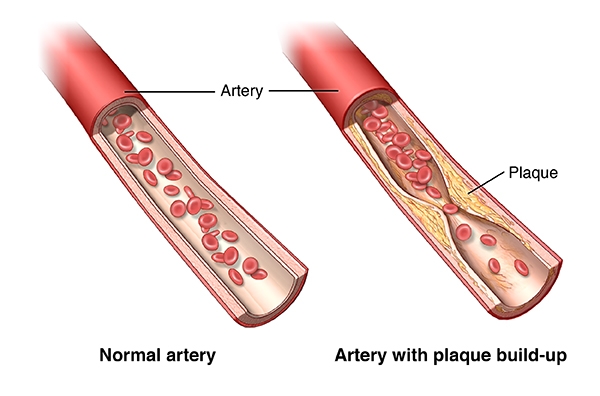Peripheral Vascular Institute
About
The Peripheral Vascular Institute focuses on treating vascular disorders and diseases that occur outside of the heart. Many of these conditions affect circulation among the extremities of the body such as the arms, legs and feet. Some examples of these conditions include carotid artery disease, deep vein thrombosis, chronic venous insufficiency, atherosclerosis, Buerger’s disease, varicose veins and others.

Meet Our Team
Our team of vascular specialists and surgeons provide revascularization and medical management treatment options with a focus on minimally invasive procedures whenever possible.
The Peripheral Vascular Institute boasts the largest group of board-certified, fellowship-trained vascular surgeons in the region.
What is Peripheral Vascular Disease?
Peripheral vascular disease (PVD) is a slow and progressive circulation disorder. It may involve diseases in any of the blood vessels outside of the heart and diseases of the lymph vessels. Organs supplied by these vessels such as the brain, heart and legs may not receive adequate blood flow for ordinary function. However, the legs and feet are most commonly affected, thus the name “peripheral vascular disease.”

Conditions associated with PVD that affect the veins include deep vein thrombosis (DVT), varicose veins and chronic venous insufficiency. Lymphedema is an example of PVD that affects the lymphatic vessels.
When PVD occurs in the arteries outside the heart, it may be referred to as peripheral arterial disease (PAD). However, the terms “peripheral vascular disease” and “peripheral arterial disease” are often used interchangeably. PVD is frequently found in people with coronary artery disease because atherosclerosis, which causes coronary artery disease, is a widespread disease of the arteries.
